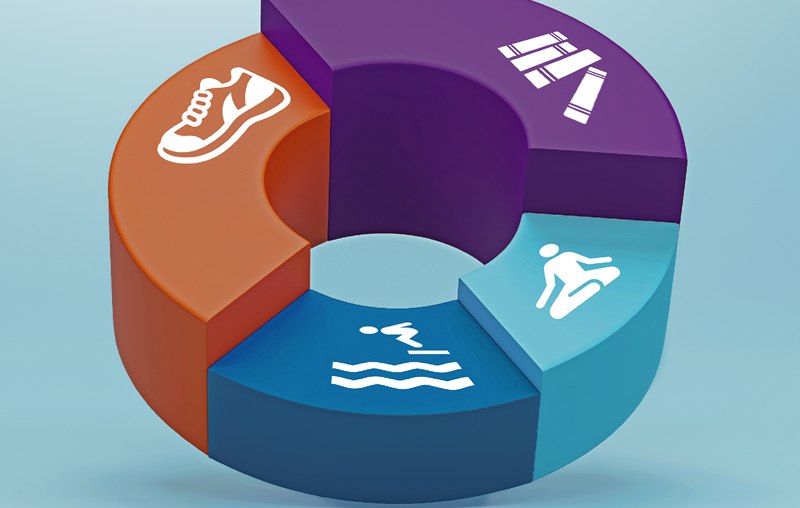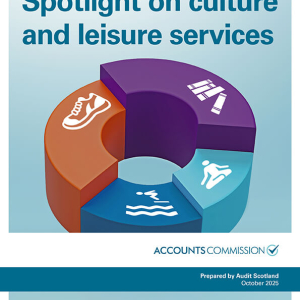Rising charges and reduced spending impacting council culture and leisure services

Councils are spending less on culture and leisure services, reviewing the services they offer and increasing or introducing charges. Yet gaps in the data collected at a local and national level means we don’t have a full understanding of the impact of these decisions on health, wellbeing and prevention.
Scotland’s councils play a vital role in supporting communities by delivering a wide range of cultural and leisure services. These services aim to keep communities healthy and connected, improving residents’ quality of life. The level of services offered, and how they are provided, is a decision for individual councils.
Whilst councils are spending more on services overall, spending on culture and leisure services reduced by three per cent in real terms in the five years from 2018/19. At the same time income from charges increased by 27 per cent, whilst overall satisfaction and attendance rates for some services remain below pre-pandemic levels.
Removing these important services risks increasing inequalities and exclusion, with rural and more deprived communities having a greater reliance on these facilities. Failure to adequately consult with communities and assess the equalities impacts of service changes has led to some councils reversing decisions and communities taking legal action.
Jo Armstrong, Chair of the Accounts Commission, said:
Culture and leisure services are vital to our health and wellbeing, supporting national and local priorities and supporting people to be better connected. Gaps in national data need to be addressed to better understand how these reductions in spending on culture and leisure are impacting communities.
As councils manage continued pressures due to increasing demands and costs, culture and leisure services have experienced a disproportionate share of council savings measures. Communities must be fully consulted on decisions to close, centralise facilities or changes to charging. Failing to do this risks deepening inequalities and legal action by communities.





